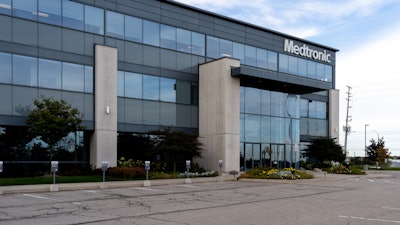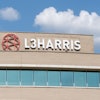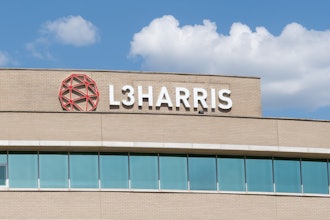
Medtronic delivered new data showing the benefits of the Symplicity Blood Pressure Procedure with the Symplicity Spyral Renal Denervation (RDN) system on achieving target blood pressure level ranges. As part of the SPYRAL HTN Global Clinical Program, three-year data from SPYRAL HTN-ON MED and GSR-DEFINE were presented at EuroPCR 2022 as late-breaking clinical trials on May 17, 2022.
Time in target range (TTR) plays an important role in the management of many chronic diseases, such as diabetes and hypertension, measuring how well a parameter (e.g., blood pressure) is controlled in patients. Specifically, for hypertension, increasing TTR has been shown to be an independent predictor of reductions in cardiovascular risks, including stroke, heart attack, and death. In a recent consensus statement by the Society for Cardiovascular Angiography & Interventions and the National Kidney Foundation, TTR is recognized as an effective measure of blood pressure control. As part of the statement, TTR is also noted as an important consideration to include as an endpoint in clinical trials and registries.
"The data presented today at EuroPCR provide meaningful insights into the benefits of RDN through a patient lens, looking at how much time they spend within a target BP range," said Jason Weidman, senior vice president and president of the Coronary & Renal Denervation business, which is part of the Cardiovascular Portfolio at Medtronic. "This new data reinforces RDN's effectiveness as a complementary solution for achieving better blood pressure control and reducing cardiovascular risk."
SPYRAL HTN-ON MED 3-Year Data
Results from the first 80 patients in the SPYRAL HTN-ON MED trial demonstrate improved BP control with significantly higher TTR after radiofrequency RDN when compared to sham through three years, regardless of anti-hypertensive medications. TTR for patients treated with RDN (33.7% TTR) was nearly double of sham patients (18.8% TTR) through three years (p=0.023).
SPYRAL HTN-ON MED is a global, randomized, sham-controlled trial investigating the blood pressure lowering effect and safety of RDN with the radiofrequency-based Medtronic Symplicity Spyral system in hypertensive patients prescribed one to three anti-hypertensive medications. The trial enrolled 80 typical uncontrolled hypertensive patients, randomized to RDN (n=38) or sham control (n=42).
The findings build upon the recent three-year safety and efficiency data presented at ACC.22, which demonstrated safe and sustained blood pressure reductions through three years.
"By focusing on TTR in patients with uncontrolled hypertension, we can better understand how RDN can help control blood pressure and sustain a healthy level," said Dr. David Kandzari, chief, Piedmont Heart Institute and Cardiovascular Services and SPYRAL HTN-ON MED lead principal investigator. "These three-year data showed us that RDN nearly doubles the time patients spend in their target blood pressure range, regardless of anti-hypertensive medications, reinforcing the long-term benefit of the procedure."
GSR-DEFINE 3-Year Data
In the GSR-DEFINE study, improved blood pressure control after radiofrequency RDN is associated with lower risk of major adverse cardiovascular events (MACE) through three years in real-world patients. RDN patients spent 34.9% time in TTR through three years. There was also a 16% decrease in MACE associated with every 10% increase in TTR at 6 months.
GSR-DEFINE is a prospective, all-comer observational study in 222 sites across 42 countries, including 3,000 patients from the GSR study and enrolling up to an additional 2,000 patients.
"Results from this real-world patient setting closely mirror and build upon data from the SPYRAL HTN-ON MED trial showing improved blood pressure control with RDN. The findings from GSR-DEFINE further underscore the long-term safety and effectiveness of the Symplicity system in patients with uncontrolled hypertension, while also lowering their risk of major cardiovascular events," said Prof. Felix Mahfoud, M.D., cardiologist at Saarland University Hospital in Homburg, Germany, and member of the SPYRAL HTN executive committee.






















